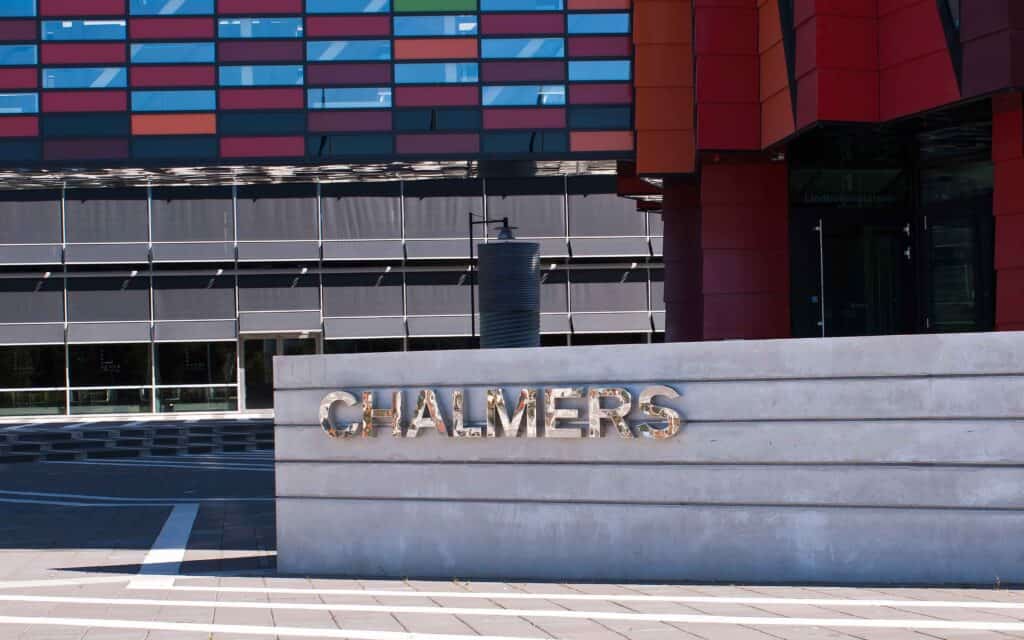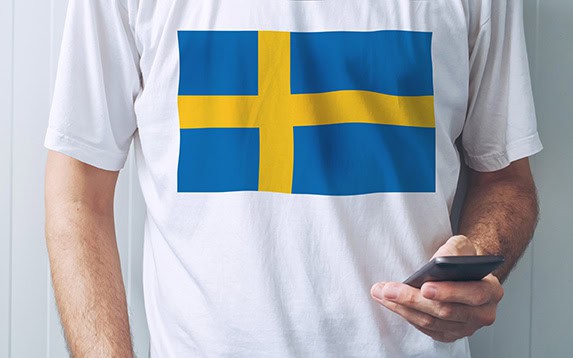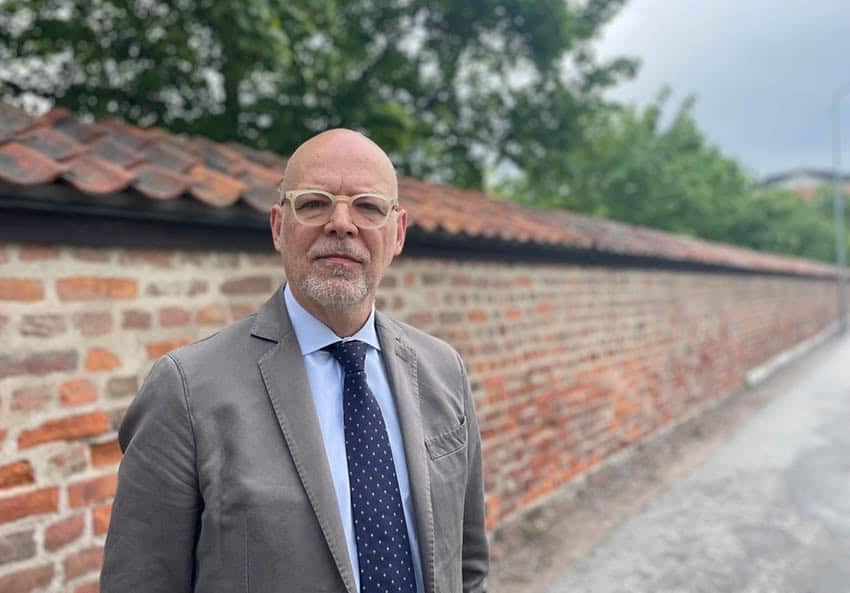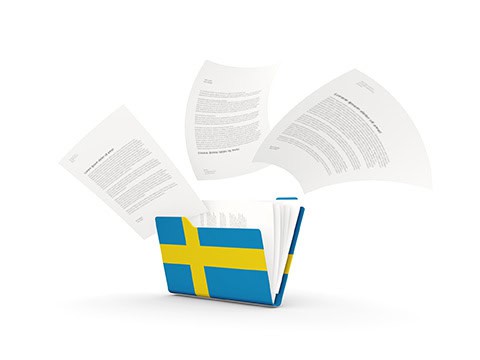On Monday the 13th of November Martin Nilsson Jakobi – the newly appointed vice-chancellor of Chalmers – announced a ban against all political demonstrations on the university’s campus. A press release identified the unstable state of the world, caused by the war between Israel and Hamas, as the reason for the ban.
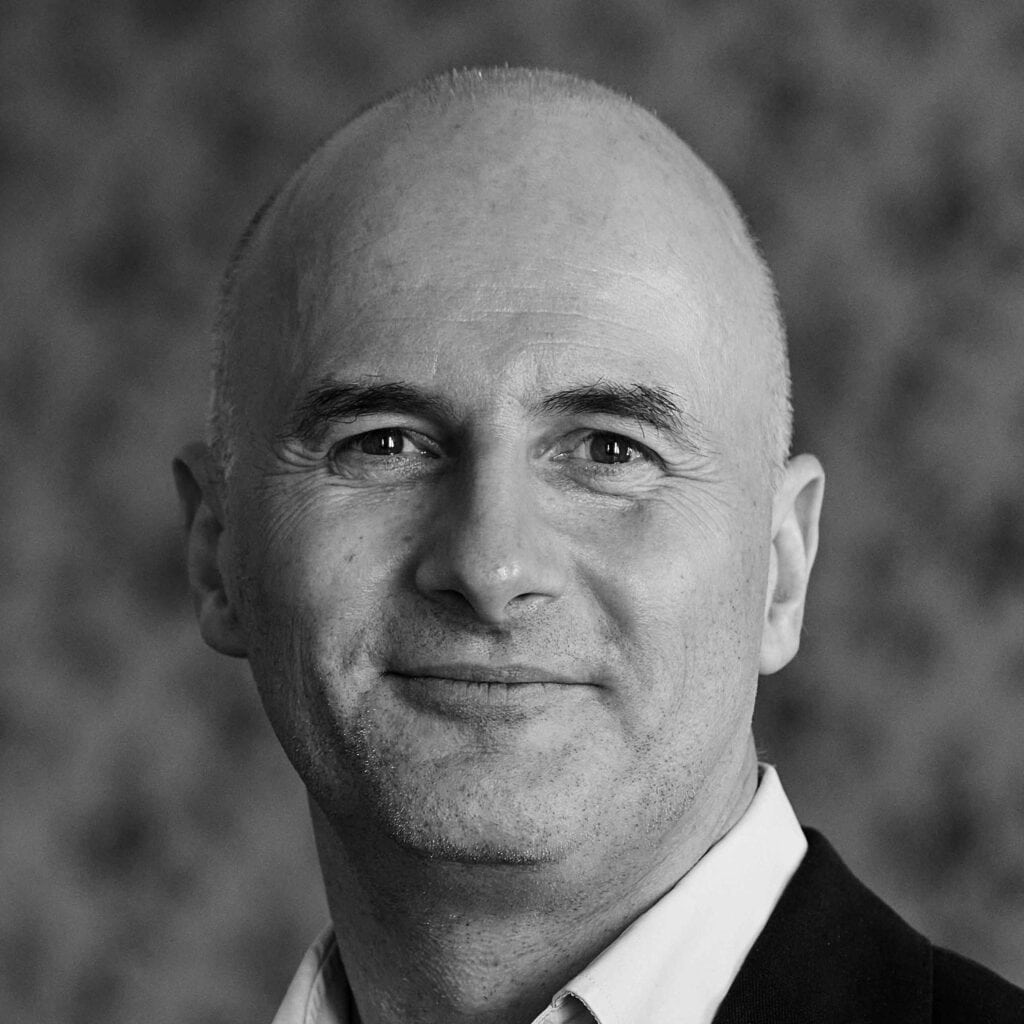
Martin Nilsson Jakobi
Vice-chancellor, Chalmers
– We had seen protests that started to veer into a negative tonality that is far removed from our code of conduct. As I am responsible for both the workplace environment and the safety of our students, I felt obliged to make a drastic decision, says vice-chancellor Martin Nilsson Jakobi.
”As I am responsible for both the workplace environment and the safety of our students, I felt obliged to make a drastic decision.”
Martin Nilsson Jakobi
The ban was met with widespread criticism, both on and off campus. Just five days later, on Friday the 17th of November, the vice-chancellor revoked his decision. Universitetsläraren has spoken to a professor at the university. They say that they feel relieved that the ban was lifted.
– It really didn’t seem like the vice-chancellor would back down. I, along with a few colleagues, started planning what we could do to oppose it. We were planning on arranging a petition, says the professor.
Universitetsläraren has read an internal communication which answered commonly asked questions regarding the ban. It was sent out to the university faculty on Thursday the 16th of November, one day before the ban was lifted. One of the questions were:
“Will Chalmers reconsider this decision in the future?”
The answer:
“The state of the world and the polarised social climate are the underlying reasons for Chalmers taking a stance in order to take responsibility for safety and workplace environment. If these circumstances change in the future, we will hopefully be able to make a different assessment.”
When we speak to vice-chancellor Martin Nilsson Jakobi on Monday the 20th of November, he says that the ban was never intended to be permanent and that the aim was to reevaluate as soon as possible.
– We probably should have been more clear on that front from the beginning. But we were under great time pressure to make the decision and calm the situation, says Martin Nilsson Jakobi.
He explains that the ban could be lifted so quickly because the students who were feeling discomfort and worry on campus no longer feel that way. He also says that the university spent the week working “very hard” on a new process for handling political demonstrations.
With this new process, anyone who wants to arrange a demonstration on campus will have to notify the university in advance in order to start a dialogue between organiser and university.
– We are now working on getting this process up and running, says Martin Nilsson Jakobi.
The professor that Universitetsläraren has spoken to is not convinced by the vice-chancellor’s explanation.
– It sounds like something you’d make up to save yourself from embarrassment, they say.
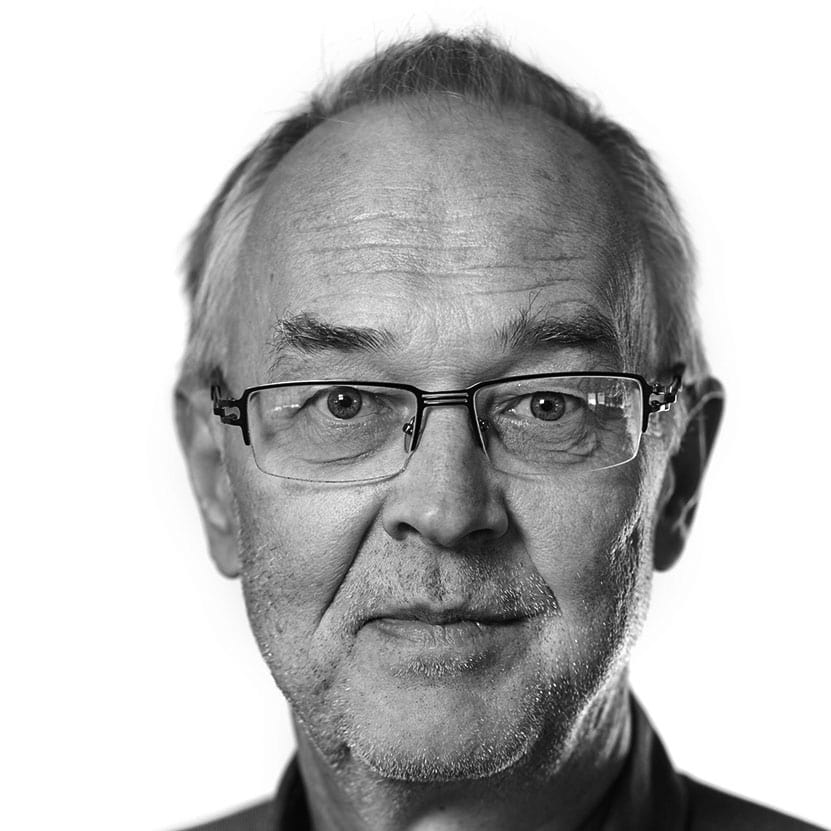
Nils Funcke
Expert, freedom of speech
Criticism has not just come from within the university itself. Nils Funcke, an expert on all things related to freedom of speech, says that the ban restricted students’ and employees’ right to freedom of speech in a way that is inappropriate at a university.
– If there is any environment in the world that should be completely open to any expression, including those that are uncomfortable or even downright offensive, it should be academia. You can’t eliminate disagreement by telling people to shut up, says Nils Funcke.
”If there is any environment in the world that should be completely open to any expression, including those that are uncomfortable or even downright offensive, it should be academia. You can’t eliminate disagreement by telling people to shut up.”
Nils Funcke
He says that the situation would be completely different if any criminal offences, for example agitation against an ethnic group, had previously occurred in conjunction with political protests on campus.
– Discomfort does not motivate the restrictions instated by the vice-chancellor. However it would be appropriate for him to initiate seminars to make people of differing opinions listen to each other. But that didn’t happened, he instead chose a suppressive line of action which does not belong in academia.
During the week of Chalmers’ ban several other vice-chancellors made it clear that a similar ban would not be instated at their universities. But the Minister of Education Mats Persson (L) did the opposite by stating his support for Martin Nilsson Jakobis decision. Something that Nils Funcke finds deeply troubling.
– It could be seen as encouragement. We are also left with the question of what happens now, will the minister also backtrack on his opinion of this ban? Both the university and the government have handled our basic rights very poorly, he says.
The professor that Universitetsläraren has spoken to hopes that the whole ordeal will lead to further conversation, so that the faculty can gain a better understanding of what actually happened that turbulent week.
– I, along with many other people at the university, do not want this to just be dropped and forgotten. Our hope is that this gives us a chance to discuss the importance of freedom of speech within academia. So that we can ensure this never happens again.
